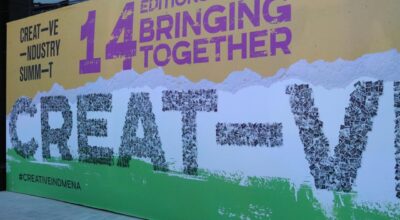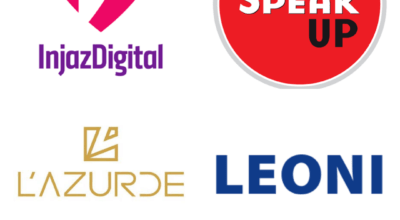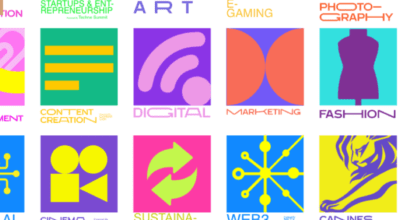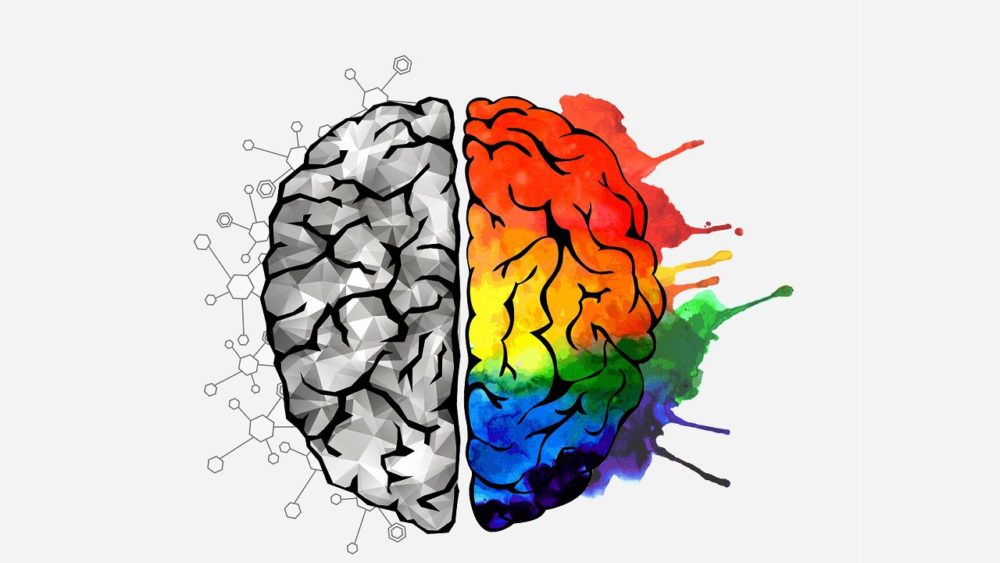There is one myth surrounding creativity that we were all told is a fact, namely the ‘Breed myth‘. It claims that creativity is an inherent trait that can’t be developed beyond a certain capacity. Well, we came across some interesting research and personal tips from scholars that debunk this notion and show you that you can, in fact, train your brain to be more creative.
So, if you can’t seem to get those creative juices flowing, here are 3 simple ways to enhance your creativity at any age:
1. Be Both Logical and Creative in Your Ideas
Some ideas may naturally come to us, and others require a bit more effort, that’s where Gerard J. Puccio’s ‘Thinking Skills Model (TSM)‘ comes into play. The model suggests that we generate ideas through two thinking channels. The first one is divergent thinking, when we generate ideas with no constraints on the kind of ideas we come up with. The second one is called convergent thinking, where our ideas are practical and useful in resolving a problem. The TSM is actually a 2007 adaptation of a former scheme known as ‘Creative Problem Solving’, and it seeks to explore all thinking skills that are employed when creatively scouting for a solution.
Puccio, who is a professor at The State University of New York at Buffalo for Studies in Creativity, throughout his years of academic research, found this method to be the most effective in creative problem-solving.

Via Vecteezy.
“Creativity is damn hard work, it takes a lot of time to develop these skills, like the critical thinking to determine which are the most promising ideas.” – Gerard J. Puccio, Department Chair and Professor at the International Center for Studies in Creativity, Buffalo State. (As quoted on BBC)
Puccio regards the idea of combining both in your idea pitches as essential. Divergent thinking keeps your ideas from plummeting on the creativity ladder, and convergent thinking will ensure that they’re relevant to the problem.
2. Think of Your Work as an Opportunity for Improvement and Skill Enhancement
We may biblically follow Puccio’s advice, but we also need to take into account how we perceive our work. This piece of advice comes from Ella Miron-Spektor, an associate professor of organizational behavior at INSEAD Business School in Fontainebleau, France. Spektor’s latest research revealed that there are two main mindsets that can either hinder your creativity or amplify it in the long run.
If you’re someone who’s highly concerned about their performance in comparison to others, then you’re a performance-oriented person. This means you see your skills as stagnant and limited to one area of expertise. That makes you tend to take on easy tasks that aren’t prone to failure. According to Spektor, those people have a hard time being critiqued on their work because they think it’s due to the fact that they lack the proper skills and can’t rectify that issue.

Receiving Feedback. Via The Gottman Institute.
Others are learning-oriented, meaning that they focus more on developing their skills and pinpointing the problem, instead of avoiding it. Naturally, these people are more analytical than emotional when faced with performance issues. They are also more resilient when dealing with failure since they analyze what went wrong and use those lessons to become better.
Spektor’s study found that learning-oriented employees present better and more ideas compared to those who were performance-oriented, who gave up after their first idea didn’t seem feasible. Needless to say, Spektor advocates the latter mindset if you’re seeking to actively enhance your work performance and creativity.
3. Change the Way You Handle Everyday Problems
Our third and final tip on creativity is from Dr. Martin Meinel, who teaches Business Administration at Friedrich Alexander University’s School of Business and Economics in Germany. Meinel’s recipe for boosting everyday creativity is to monitor one’s handling of small problems and consider a creative alternative. It’s a given that we all adopt certain policies or approaches to our problems, but Meinel suggests that there may be better ways to do so. And by doing so, fine-tuning your ideas will become a cognitive process with which you can tackle bigger problems.

Collective Brainstorming. Via Vision Christian Media.
“Soon, you may find your brain is “programmed” so that it automatically thinks of ingenious solutions.” – Dr. Martin Meinel, Doctor of Business Administration, Friedrich Alexander Univeristy of Erlangen Nürnberg, School of Business and Economics. (As quoted on BBC)
So, if you thought your creativity comes with an expiry date, think again.



























